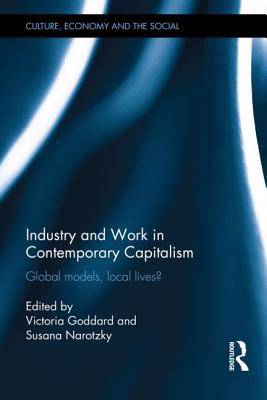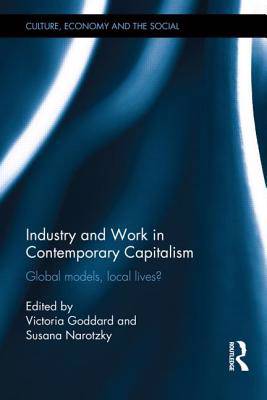
- Afhalen na 1 uur in een winkel met voorraad
- Gratis thuislevering in België vanaf € 30
- Ruim aanbod met 7 miljoen producten
- Afhalen na 1 uur in een winkel met voorraad
- Gratis thuislevering in België vanaf € 30
- Ruim aanbod met 7 miljoen producten
Omschrijving
Throughout history and in every geographical location, the rise and fall of industry, which impact the fate of large populations, are tied to the development and cultural entanglement of particular models that are articulated with political power. Models are understood as knowledge devices - expert, theoretical, practical and commonsense - that are embedded in cultural and social environments and designed through struggles at various scales.
This book results from the collaboration of an interdisciplinary team bringing together specialists in anthropology, geography, sociology, economics, political science, mathematics and engineering around the theme of 'Models and their Effects on Development Paths'. Based on empirical research conducted on the heavy industries, Industry and Work in Contemporary Capitalism addresses how models that inform the organization of work and production and are created by powerful actors may diverge from, overlap with, or contradict the models articulated by less powerful actors on the ground, and how they are connected across material and cultural spaces. Careful observation of industrial work and production as they unfold in and across specific localities and affects people's livelihoods is complemented by analysis of how models circulate, through which channels of power, which institutional entities, which political connections.
This volume explores an extensive theoretical terrain and a number of empirical cases that show, from different perspectives, how ideas about the economy, about work and industry, materialize in specific practices and interventions that affect people's livelihoods.
Alleen bij Standaard Boekhandel
Beoordelingen
We publiceren alleen reviews die voldoen aan de voorwaarden voor reviews. Bekijk onze voorwaarden voor reviews.











